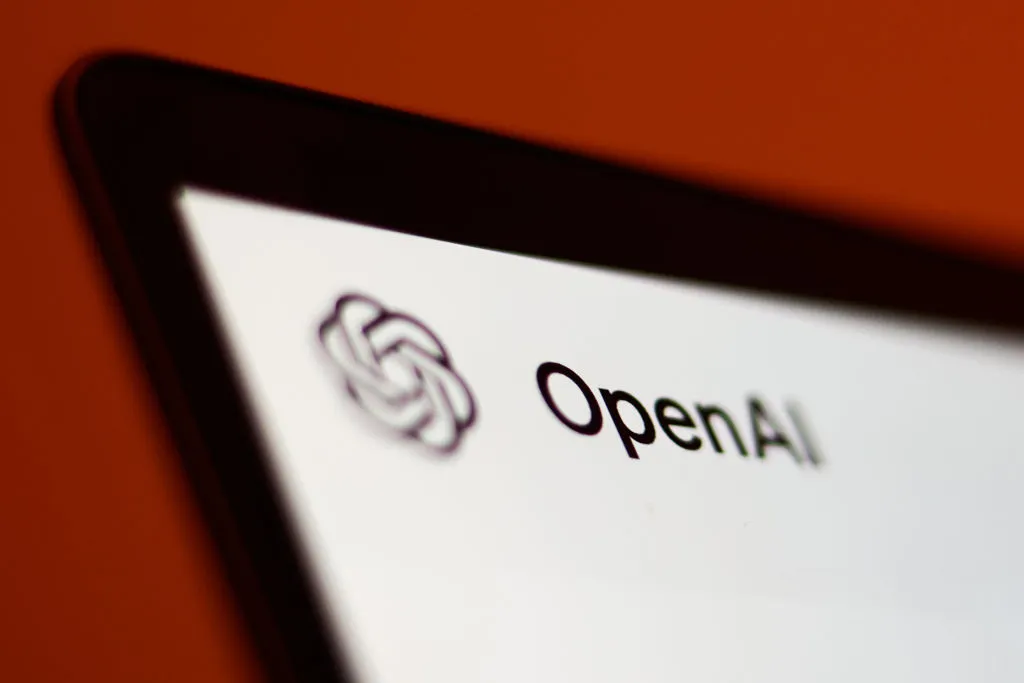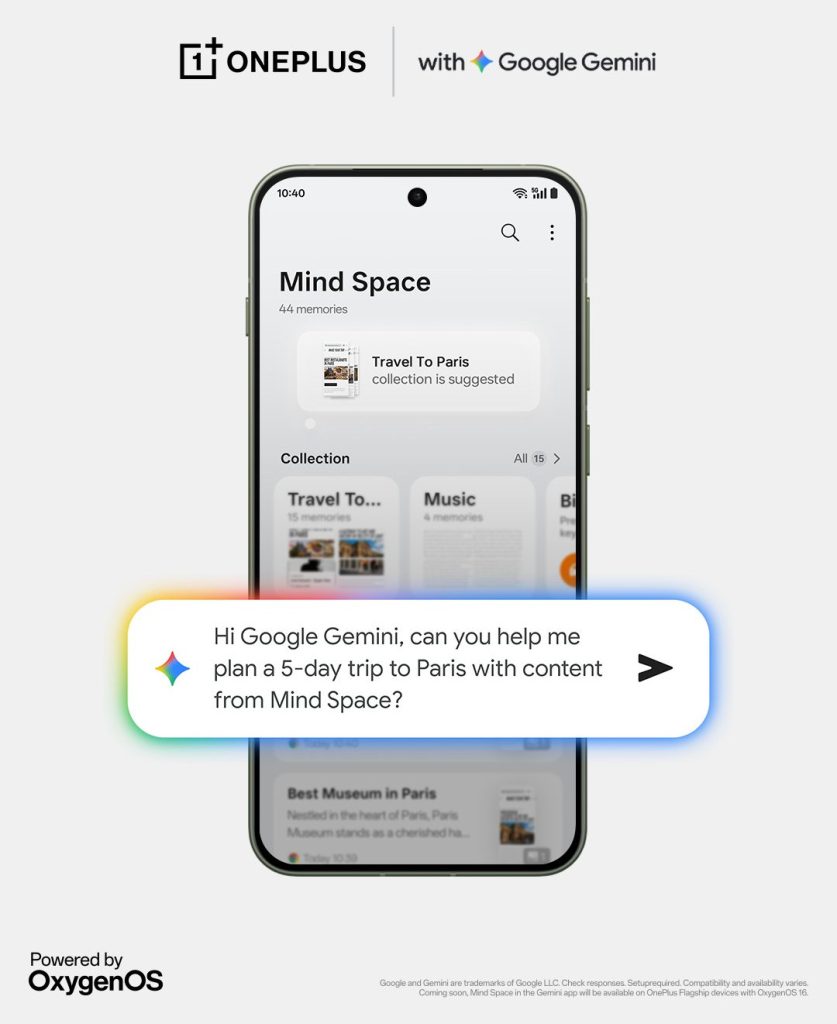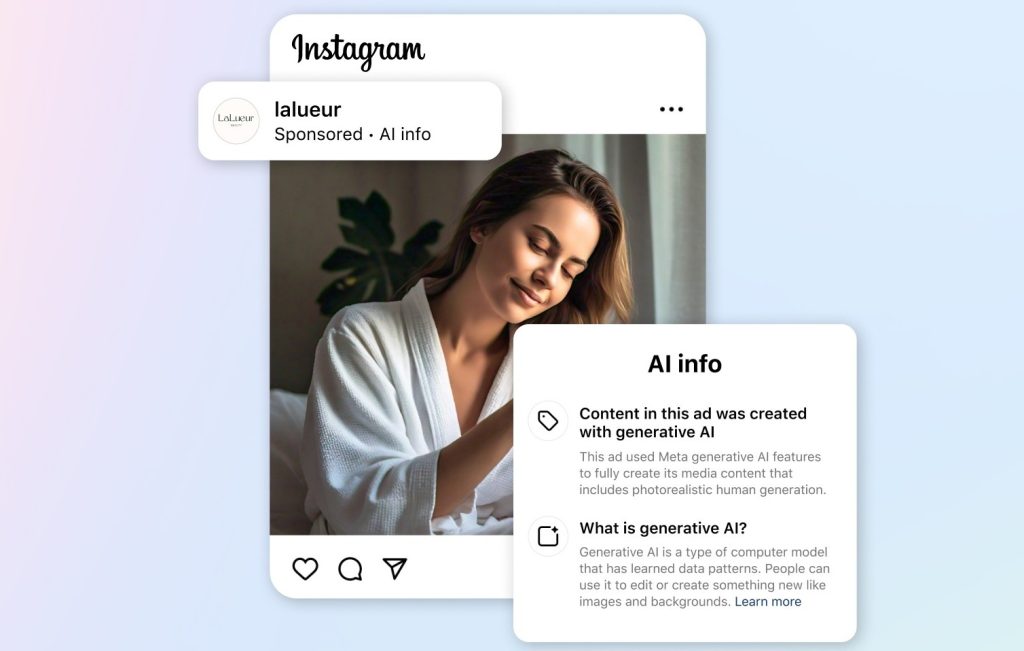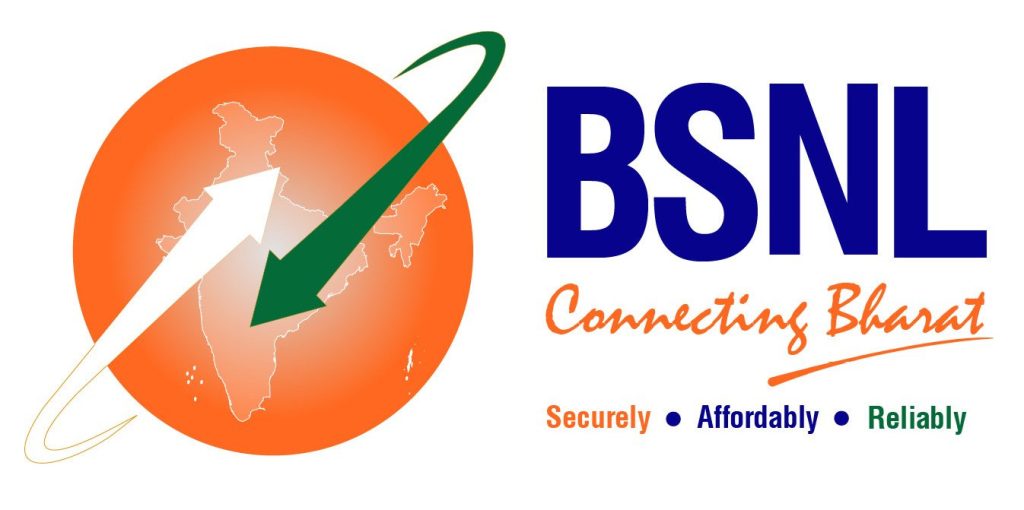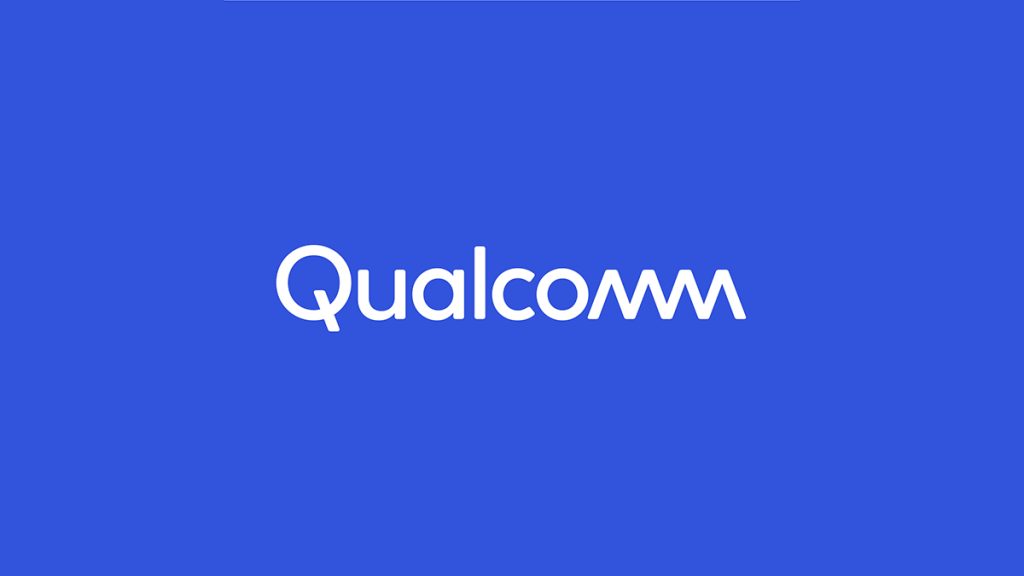OpenAI Faces Backlash Over Employee Equity Clauses
OpenAI, the pioneering artificial intelligence company behind ChatGPT, recently found itself embroiled in controversy over stringent non-disparagement agreements tied to employee equity. Reports emerged detailing a clause in former employees' separation agreements that threatened to revoke their vested company equity if they publicly or privately criticized OpenAI, even long after their departure.
Details of the Controversial Policy
The contentious clause effectively acted as a gag order, creating a chilling effect among former staff members who feared losing substantial financial holdings if they voiced any negative opinions about the company. This policy came under intense scrutiny from tech journalists, industry observers, and notably, from current and former OpenAI board members, including Helen Toner, who expressed concern over the company's approach to employee communication and transparency.
The backlash was swift and widespread, prompting a rapid response from OpenAI's leadership. Critics argued that such agreements stifled open dialogue, undermined employee rights, and ran counter to the principles of transparency often championed in the tech community.
Sam Altman's Apology and Policy Reversal
In response to the growing criticism, OpenAI CEO Sam Altman issued a public apology, acknowledging the error in judgment. He stated that the company was actively working to release all former employees from the non-disparagement provisions that could impact their vested equity. Altman emphasized that the intent was never to claw back equity, but rather to prevent the leak of confidential information, a goal he admitted was poorly executed.
“I was incredibly sad and sorry to learn that people — including people I care about a lot — had this experience. I screwed up. We are working to fix this.”
— Sam Altman, CEO of OpenAI
Why It Matters: Corporate Governance and Employee Voice
This incident highlights critical challenges in corporate governance, particularly for rapidly evolving and highly valued tech companies. It underscores the delicate balance between protecting proprietary information and ensuring employee freedom of speech. For the broader tech industry, OpenAI's experience serves as a cautionary tale regarding the potential for overreaching legal clauses to damage company reputation and employee morale. It also reinforces the growing importance of transparent and ethical practices in talent retention and public relations, as the voices of employees, both current and former, increasingly shape public perception.
The swift reversal by OpenAI demonstrates the power of public and internal pressure in holding powerful tech entities accountable and sets a precedent for how companies might approach similar clauses in the future, prioritizing employee trust and open communication.
